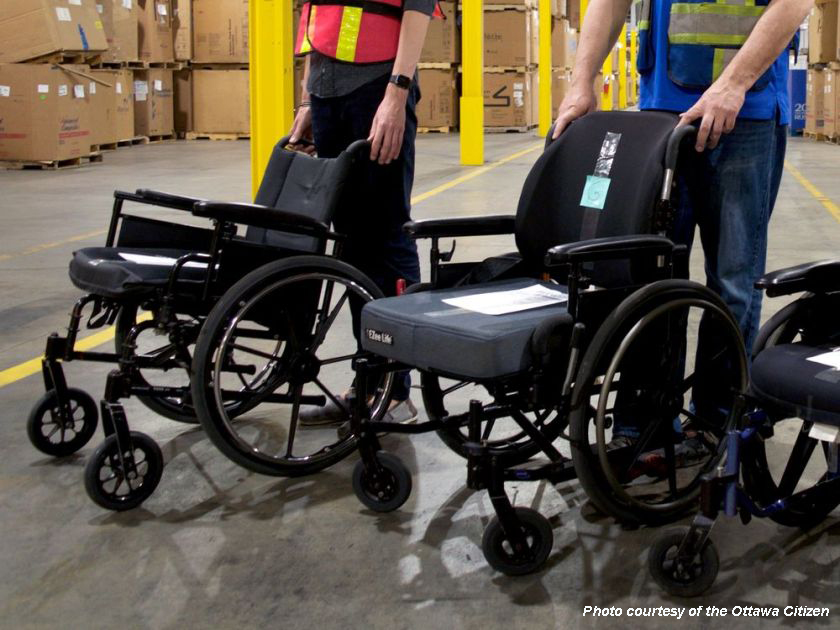October is National Disability Employment Awareness Month. It’s the official month every year for celebrating and recognizing workplace contributions of people who have a disability and the business successes they help create. But it is significantly more than that.
It represents a critical opportunity for all businesses to examine their recruitment strategies and make improvements. Statistics show many companies are still missing out on a vast untapped pool of employees: skilled people who have a disability.
The time for sourcing the disability talent pool is now. In 2013, the Conference Board of Canada projected the labour shortage could be one million people by next year. And according to a 2014 Miner Management Consultants report, it could be almost two million by 2031.
Then why isn’t business sourcing the disability talent pool more? The national employment rate of people who have a disability is 59 per cent, compared to 80 per cent of people without a disability.
As a nation, we’re really good at making our education system accessible for students who have a disability. In Canada, 50 per cent of people who hold a university degree have more than one disability. So do 67 per cent of people with trade certificates or college diplomas. But to what end are we making our universities and colleges accessible? Because the post-graduation roadblocks are up.
Why isn’t business sourcing the disability talent pool more? The national employment rate of people who have a disability is 59 per cent, compared to 80 per cent of people without a disability.
There’s a lack of career support services within our post-secondary institutions for graduating students who have a disability. On top of this, the unemployment rate of university or college graduates who have a disability is twice that of their non-disabled counterparts. And even when they are hired, there’s a huge wage gap. A 2015 study by the University of Guelph noted that just two years after graduation, graduates who have a disability earn $4,000 less than non-disabled graduates.
As well, a 2017 report by the Canadian Council on Rehabilitation and Work revealed 71 per cent of surveyed companies said the reason they haven’t hired anyone who has a disability is “a fear of the unknown.”
It all seems to indicate there’s still too much thinking out there that educated, qualified people who have a disability can’t do a job, and as employees, aren’t as valuable as non-disabled staff.
Too many myths are still too common – myths those of us in the disability sector know aren’t true. We know organizations committed to diversity and inclusion experience business benefits. And we know that skilled, talented people who have a disability are a large part of that reason.
In its January 2018 Deloitte Review article, The Diversity and Inclusion Revolution — Eight Powerful Truths, co-authors Juliet Bourke and Bernadette Dillion note that organizations with inclusive cultures are “eight times more likely to achieve better business outcomes.”
The Canadian National Exhibition Association is a great example of an inclusive business culture. It established an accessibility plan in 2016 and set a five-year hiring goal along with an ongoing commitment to accessibility, diversity and inclusion across the organization. From its workforce to annual guests of the Exhibition, access has improved as a result of its intentionality. And its workforce now mirrors the citizens that flock through the CNE gates every year.
We need more of this happening. Success will be achieved when hiring from the disability talent pool becomes “business as usual.” When the benefits of hiring with intentional diversity and inclusion is ingrained in the talent-acquisition process. When businesses experience increased productivity, growth and improved profitability. Not to mention improved employee engagement and higher retention. And being seen as a good corporate citizen that reflects the company’s community. Employees who have a disability aren’t just employees. They’re also customers.
Being truly successful with disability employment requires all of us to have the right mindset. Businesses must — which is why our network helps and encourages them to — practise intentional diversity and inclusion of people who have a disability in their workforce every day.
Jeannette Campbell is CEO of the Ontario Disability Employment Network.
Article courtesy of the Ottawa Citizen

